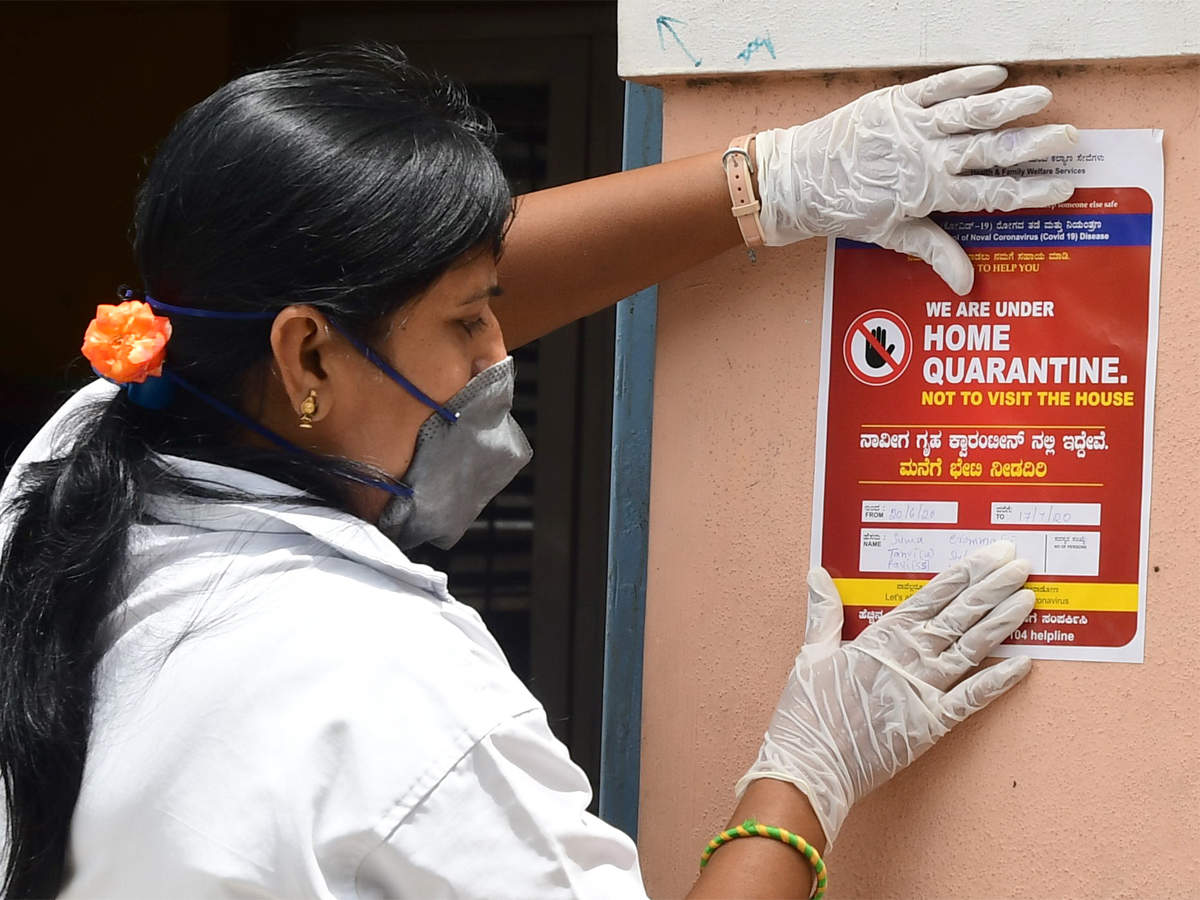


As the number of patients with active coronavirus disease is increasing and health resources becoming scarce , most patients are considering home isolation. Each patient wishes and believes that the disease can be managed at home.
Home Isolation and home management of Covid Illness, if done by professionals is a boon. But at the same time, if handled casually without acknowleding that a certain subset of patients require hospitalisation can prove to be detrimental.
Below are the highlights from the guidelines for home isolation as published by the Ministry of Health and Family Welfare :
Patients eligible for home isolation:
i. The person should be clinically assigned as a very mild/pre-symptomatic/asymptomatic case by the treating medical officer.
ii. Such cases should have the requisite facility at their residence for self-isolation and also for quarantining the family contacts.
iii. Patients suffering from immune compromised status (HIV, Transplant recipients, Cancer therapy etc) are not eligible for home isolation.
iv. Elderly patients aged more than 60 years and those with co-morbid conditions such as Hypertension, Diabetes, Heart disease, Chronic lung/liver/ kidney disease, Cerebro-vascular disease etc shall only be allowed home isolation after proper evaluation by the treating medical officer.
v. A care giver should be available to provide care on 24 x7 basis. A communication link between the caregiver and hospital is a prerequisite for the entire duration of home isolation.
vi. The care giver and all close contacts of such cases should take Hydroxychloroquine prophylaxis as per protocol and as prescribed by the treating medical officer.
vii. Download Arogya Setu App on mobile (available at: https://www.mygov.in/aarogya-setu-app/) and it should remain active at all times (through Bluetooth and Wi-Fi)
viii. The patient shall agree to monitor his health and regularly inform his health status to the District Surveillance Officer, who will facilitate further follow up by the surveillance teams.
ix. The patient will fill in an undertaking on self-isolation (Annexure I) and shall follow home quarantine guidelines. The treating doctor should satisfy himself before allowing home isolation.
x. In addition to the guidelines on home-quarantine available at: https://www.mohfw.gov.in/pdf/Guidelinesforhomequarantine.pdf, the required instructions for the care giver and the patient as in Annexure II shall be also followed.
When to seek medical attention:
Patient / Care giver will keep monitoring their health. Immediate medical attention must be sought if serious signs or symptoms develop. These could include
i. Difficulty in breathing,
ii. Dip in oxygen saturation (SpO2 < 95%)
iii. Persistent pain/pressure in the chest,
iv. Mental confusion or inability to arouse,
v. Slurred speech/seizures
vi. Weakness or numbness in any limb or face
vii. Developing bluish discolorations of lips/face
When to discontinue home isolation:
Patient under home isolation will stand discharged after 10 days of symptom onset and no fever for 3 days. Thereafter, the patient will be advised to isolate at home and self-monitor their health for further 7 days. There is no need for testing after the home isolation period is over.
To read the complete guidelines , click on https://www.mohfw.gov.in/pdf/RevisedHomeIsolationGuidelines.pdf
